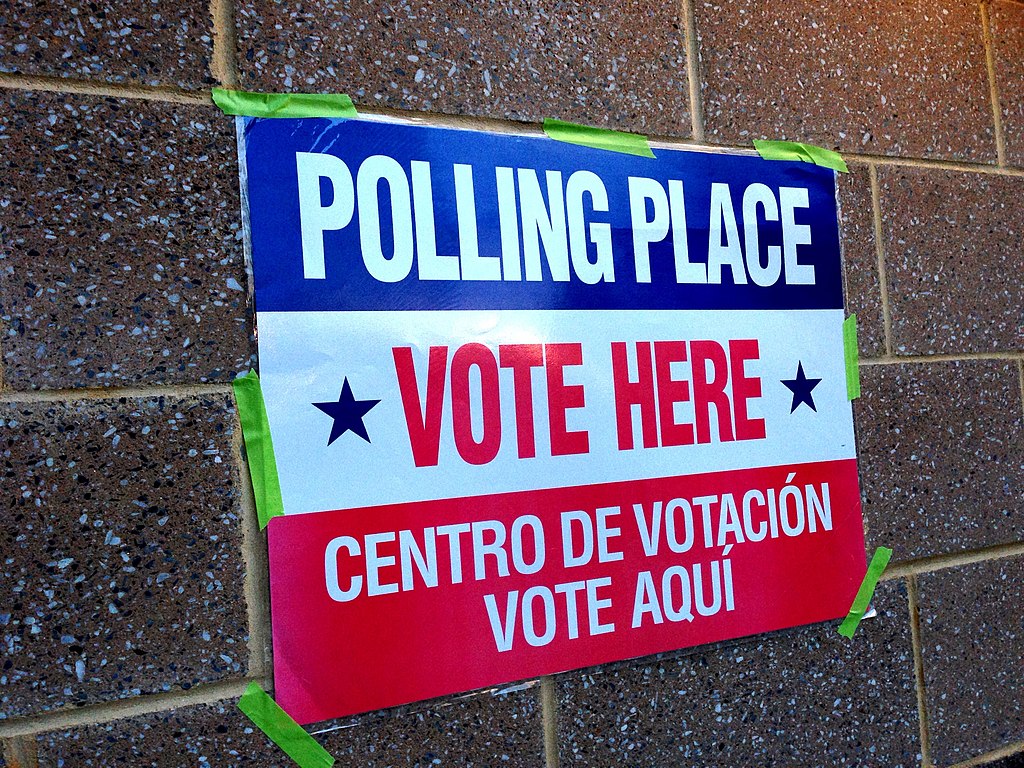Six states adopted new laws related to voting by individuals convicted of a felony or voting by incarcerated individuals, including two states with Republican trifectas that passed bills to restore voting rights to certain individuals convicted of a felony more quickly.
In Oklahoma, Gov. Kevin Stitt (R) signed HB 1629 on May 13, restoring voting rights to people convicted of a felony after receiving a pardon or commutation of their sentence. Oklahoma already restored voting rights to people convicted of a felony after completion of their sentence, including prison time, parole, and probation. However, individuals who received a pardon or commutation of their sentence were still ineligible to register or vote until the completion of time prescribed for incarceration, parole, and probation under their original conviction.
Under the new law, individuals convicted of a felony regain the right to vote immediately upon receiving a pardon or a commutation reducing their sentence, including parole or probation, regardless of the sentence length or terms of their original conviction. The law also accounts for sentences stemming from a crime that has been reclassified from a felony to a misdemeanor, and allows individuals convicted of these crimes to immediately regain the right to vote when they are no longer in prison, on parole, or on probation for such an offense.
In Nebraska, LB 20 became law without the signature of Gov. Jim Pillen (R), the first bill to become law in Nebraska without a governor’s signature since 2001.
The bill changed the timeline for restoring voting rights to people convicted of a felony by removing a two-year waiting period after the completion of a sentence before rights are restored. Under the new law, voting rights are restored to an individual convicted of a felony immediately upon the completion of their sentence, including prison time, parole, and probation. The new law will take effect before the November general election.
Two other states–Minnesota and New Mexico–have adopted similar laws since 2022.
Elsewhere, Colorado, Kentucky, Mississippi, and Virginia made changes to voting rules for incarcerated eligible voters. See above for mention of new laws in Colorado and Virginia. Kentucky and Mississippi adopted laws that allow eligible voters that are incarcerated to request an absentee/mail in ballot.
This article's information is based on Ballotpedia's State of Election Administration Legislation 2024 Mid-Year Report. The report provides insights, analysis, and takeaways from the 3,735 election-related bills we tracked in the first half of this year.



